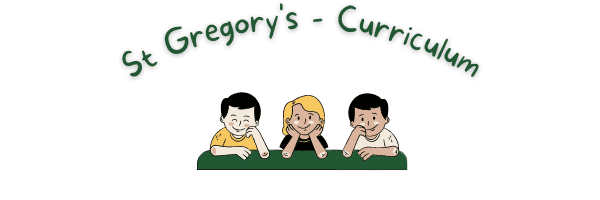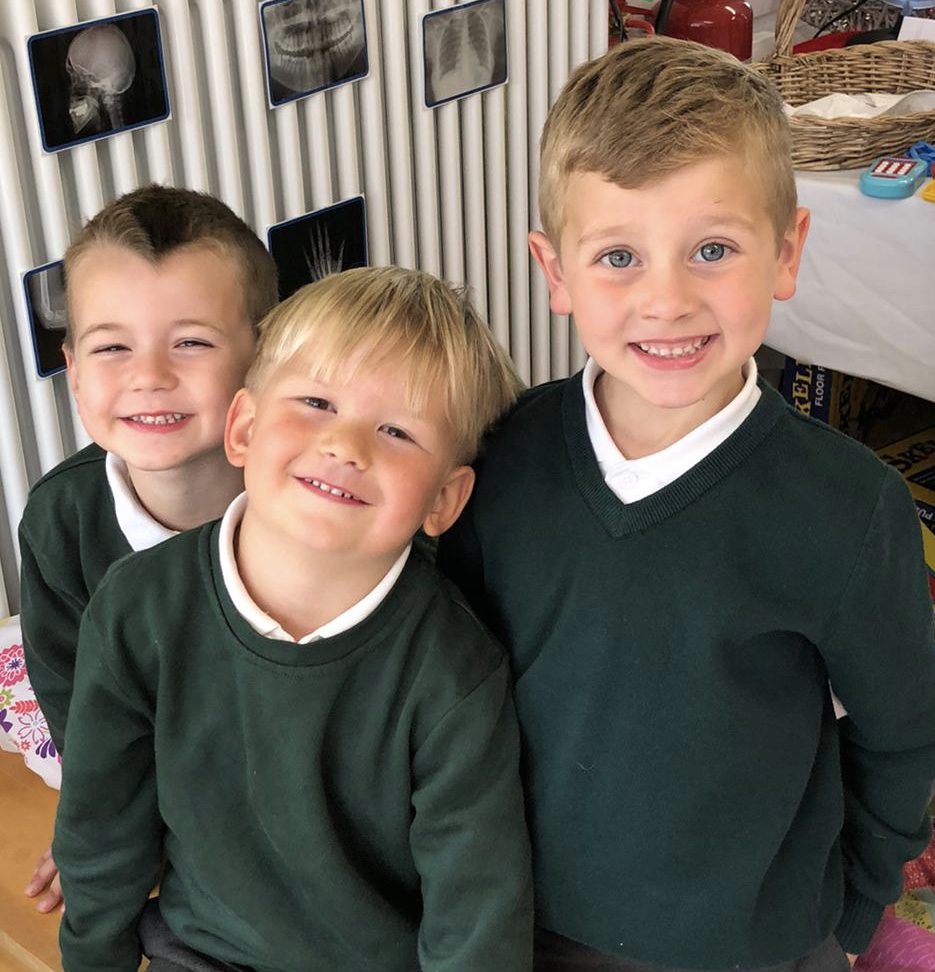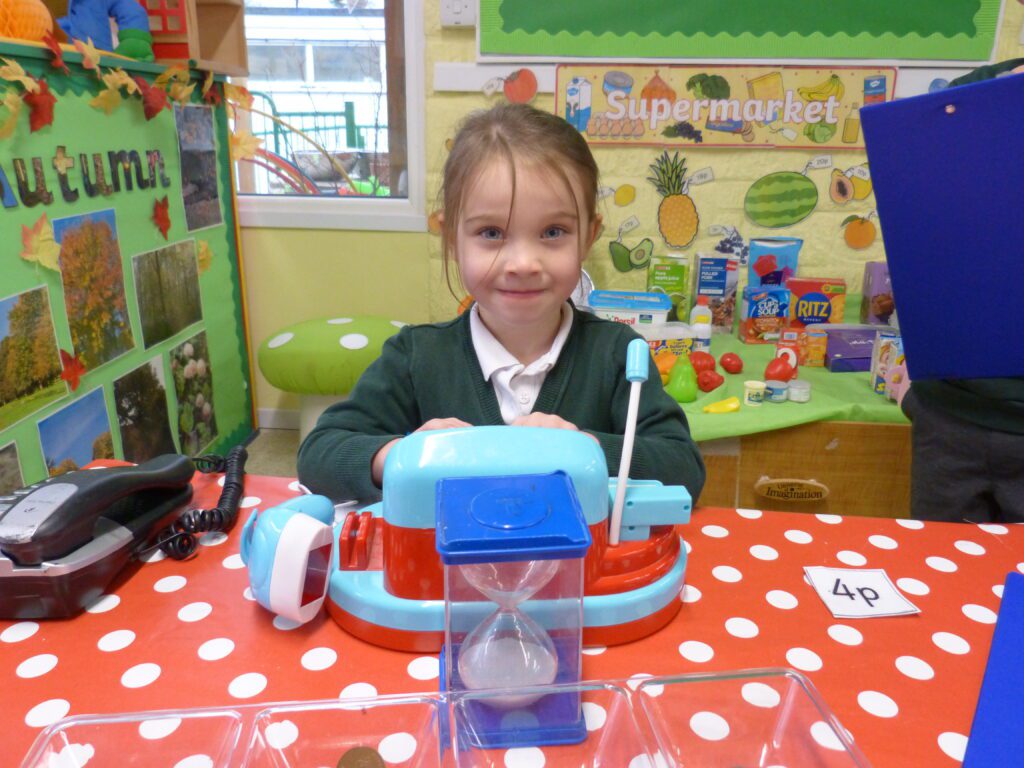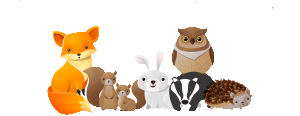
Our Curriculum Intent:
A child’s early and primary years are a time where children progress and grow at a rapid rate. They view the world with awe and wonder, are abound with questions and continually looking for answers. Life should be full of fun, laughter and learning. At St Gregory’s ALL staff aim to develop this exhilarating time and give our children opportunities to flourish by offering an exciting, challenging and empowering curriculum, equipping them for today and tomorrow.
Our curriculum is designed to:
- Make learning a positive, engaging, adventurous and active experience
- Enable our children to thrive in a Christian environment, where every child is given opportunities to experience all life has to offer in abundance
- Equip our children with skills to enable them to be independent, resilient problem solvers and tenacious in facing next steps
- Encourage curiosity, filling inquiring minds with information, answers and more questions
- Build on prior knowledge / skills, allowing for progression of learning in a cohesive manner
- Promote respect for all, allow for individuality and cultural diversity
- Give children the experience of being part of a valued community

Curriculum Implementation:
Enquiry-Based Learning
Big Questions
A State of Being
Authors – readers and writers

Implementing the Curriculum: Seven Themes
The seven themes listed help to steer staff and give a particular flavour to an enquiry, learners seek answers to questions posed. The seven themes help teachers ensure that a broad range of perspectives are offered during a year, and that they understand the purpose of the enquiry. This helps create a balance of experiences each and every year and ensures a breadth of experience in every year group.

Curriculum Impact:
We believe our curriculum:
- develops children to the best of their abilities
- helps children to find their passions and interests
- facilitates children’s acquisition of knowledge, skills and understanding
- helps children to develop intellectually, emotionally, socially, physically and morally
- assists children in becoming independent, responsible, useful, confident and considerate members of the community
- promotes a positive attitude towards learning
- helps children to acquire a solid basis for lifelong learning
- creates and maintains an exciting and stimulating learning environment
- ensures that each child’s education has continuity and progression
- enables children to contribute positively within a culturally diverse society.

How can Families Help?
- Ask, “what were you at school today” rather than “what did you do at school today?”
- Use the same terminology as the pupils – enquiry, challenge and the names of the state of being – Author, Scientist etc…..
- Are you or do you know someone who might represent one of the states of being; do you know an engineer, an artist a musician who may be able to come in and talk to a class?
Further Reading:
Please open the following links to understand assessments as per the National Curriculum:


